Health & Medicine
-
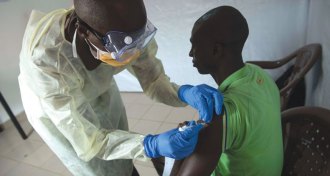 Health & Medicine
Health & MedicineEbola vaccine protects people in West Africa
In Guinea trial, zero cases of Ebola occurred in people potentially exposed who received immediate shots of a new experimental vaccine.
By Nathan Seppa -
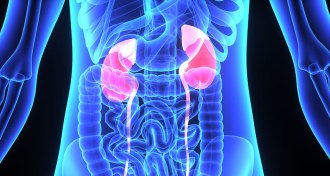 Health & Medicine
Health & MedicineKidney transplants may benefit from a slightly chilled donor
Transplanted kidneys performed better when taken from organ donors whose bodies were intentionally cooled after death.
-
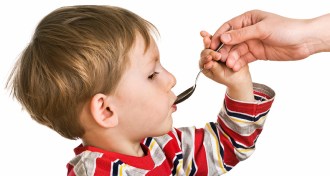 Health & Medicine
Health & MedicineAntibiotics early in life may have lingering effects
A study in mice show long-lasting effects from courses of antibiotics early in life.
-
 Health & Medicine
Health & MedicineThe five basic tastes have sixth sibling: oleogustus
Scientists dub the taste of fat oleogustus.
-
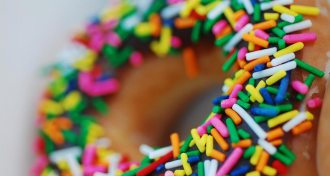 Health & Medicine
Health & MedicineHow trans fats oozed into our diet and out again
Trans fats are no longer “generally recognized as safe” by the FDA. In a world where we want to have our doughnuts and eat them, too, it’s back to the drawing board, and back to butter.
-
 Health & Medicine
Health & MedicineResveratrol’s anticancer benefits show up in low doses
Small amounts of the compound found in red wine and grapes prove protective against colon cancer in mice fed a high-fat diet.
-
 Science & Society
Science & SocietyAutism’s journey from shadows to light
Science writer Steve Silberman considers autism in the modern era of neurodiversity - a movement to respect neurological differences as natural human variation - framing the relatively progressive autistic experience of today against the the conditions oppressed past.
-
 Health & Medicine
Health & MedicineBystanders deliver on CPR
People suffering from cardiac arrest are more likely to survive without brain damage if a bystander performs CPR, new studies suggest.
By Nathan Seppa -
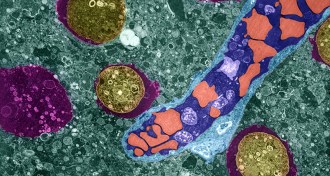 Health & Medicine
Health & MedicineDeath by brain-eating amoeba is an inside job
Immune response to brain-eating amoeba may be the real killer.
-
 Neuroscience
NeuroscienceBreakdown of Alzheimer’s protein slows with age
It takes longer to get rid of an Alzheimer’s-associated protein with age.
-
 Health & Medicine
Health & MedicineThe weekly grind of social jetlag could be a weighty issue
Even those of us with nine-to-five jobs don’t always respect our body’s clocks. Research shows that even slight disruptions might be associated with obesity.
-
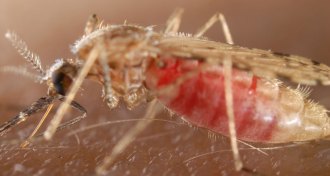 Health & Medicine
Health & MedicineMosquitoes can get a double dose of malaria
Carrying malaria may make mosquitoes more susceptible to infection with a second strain of the parasite that causes the disease.